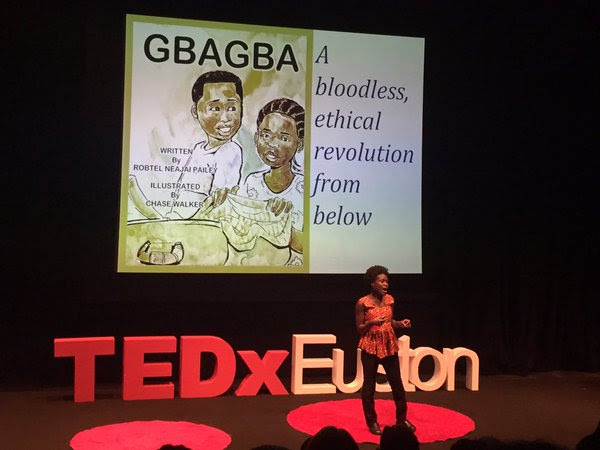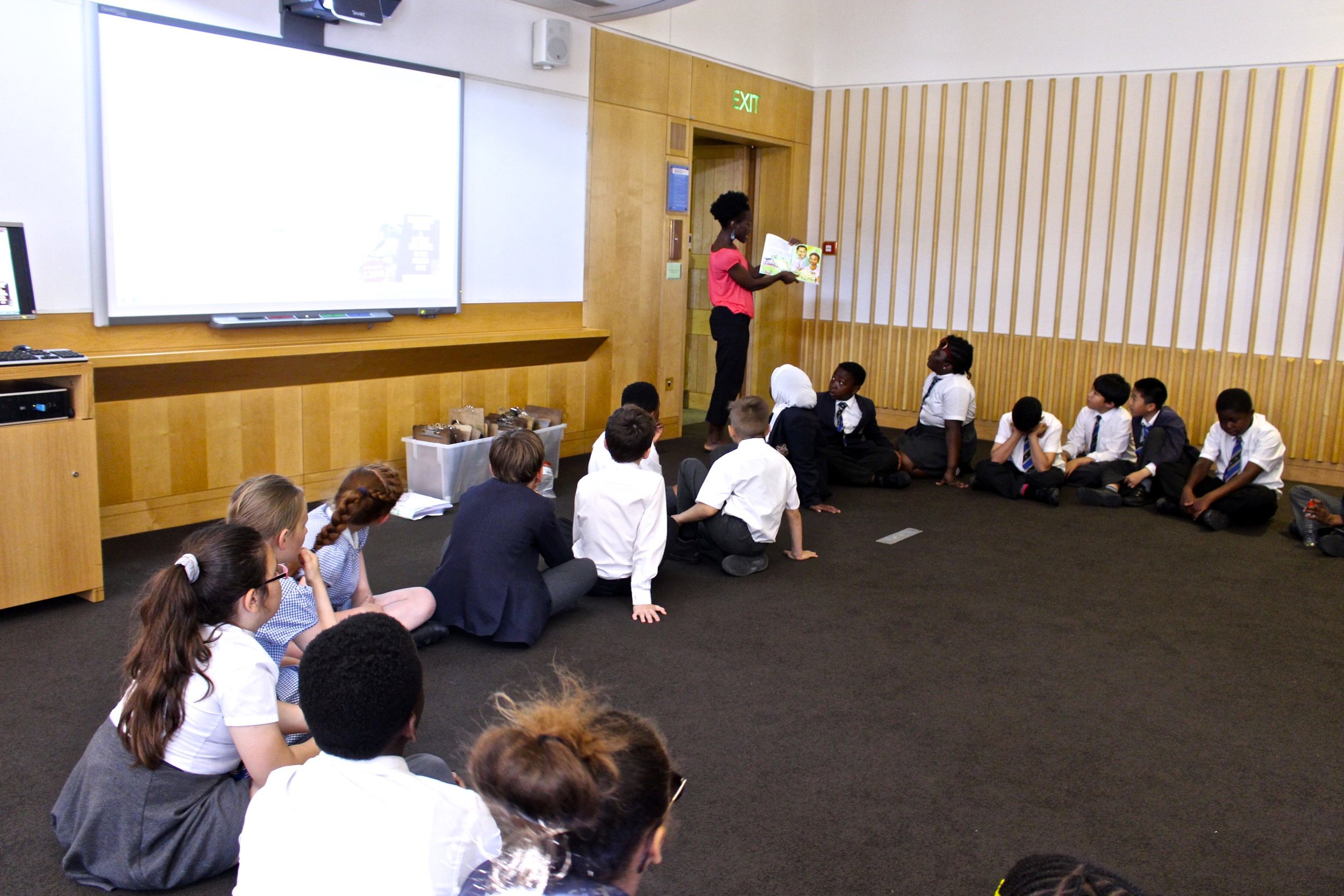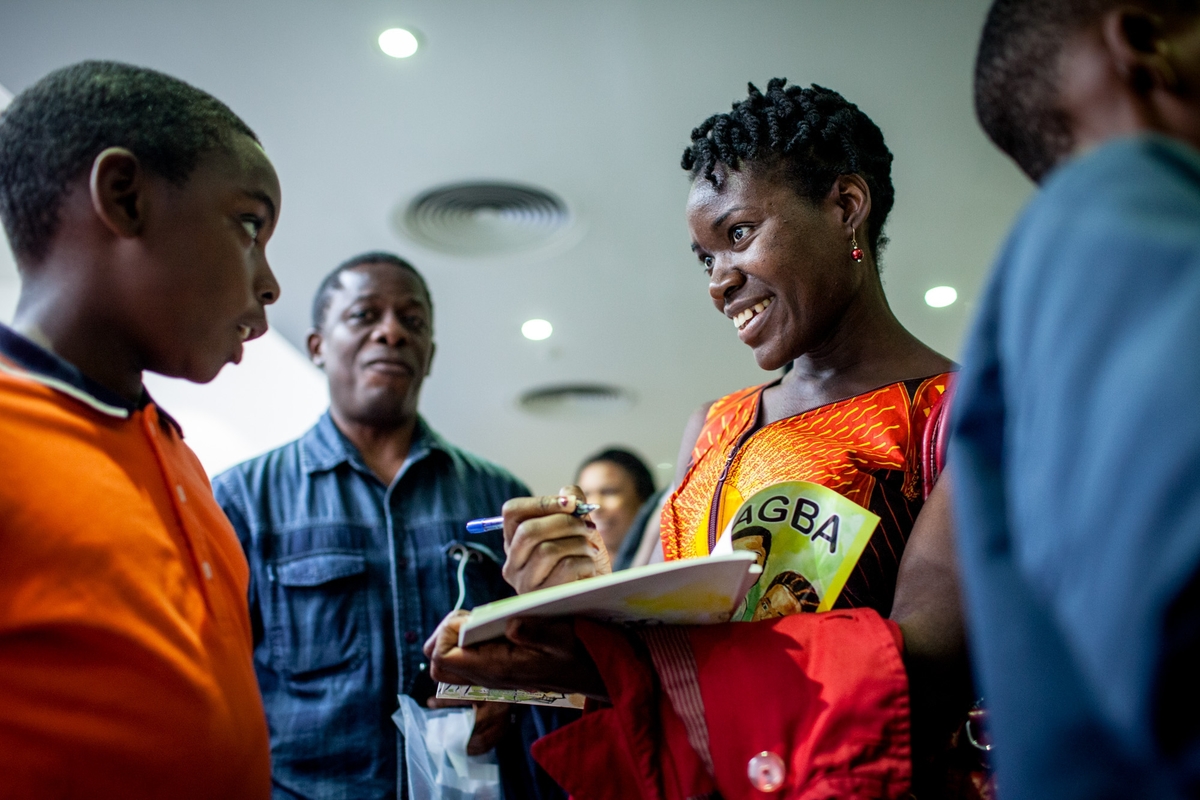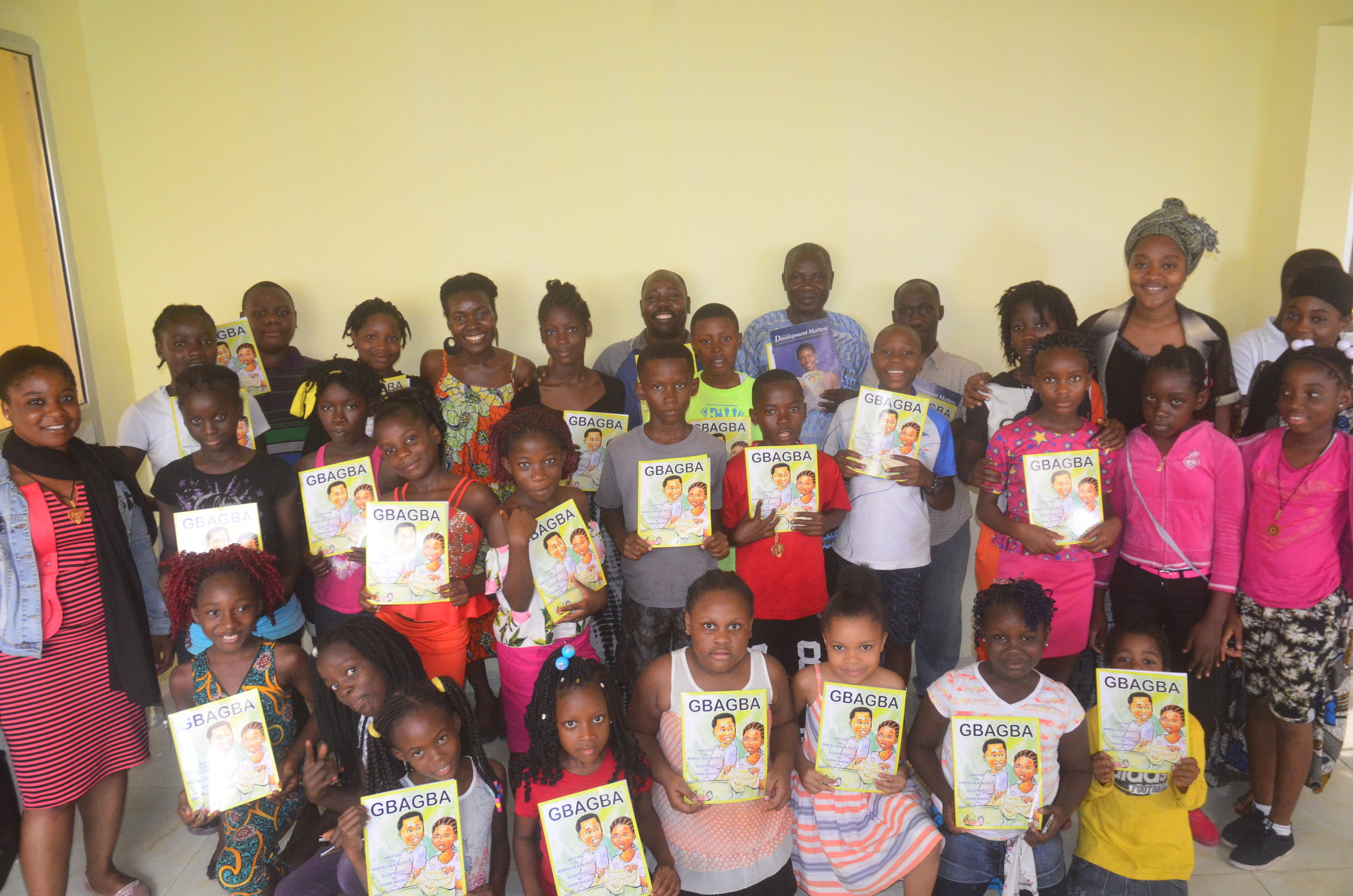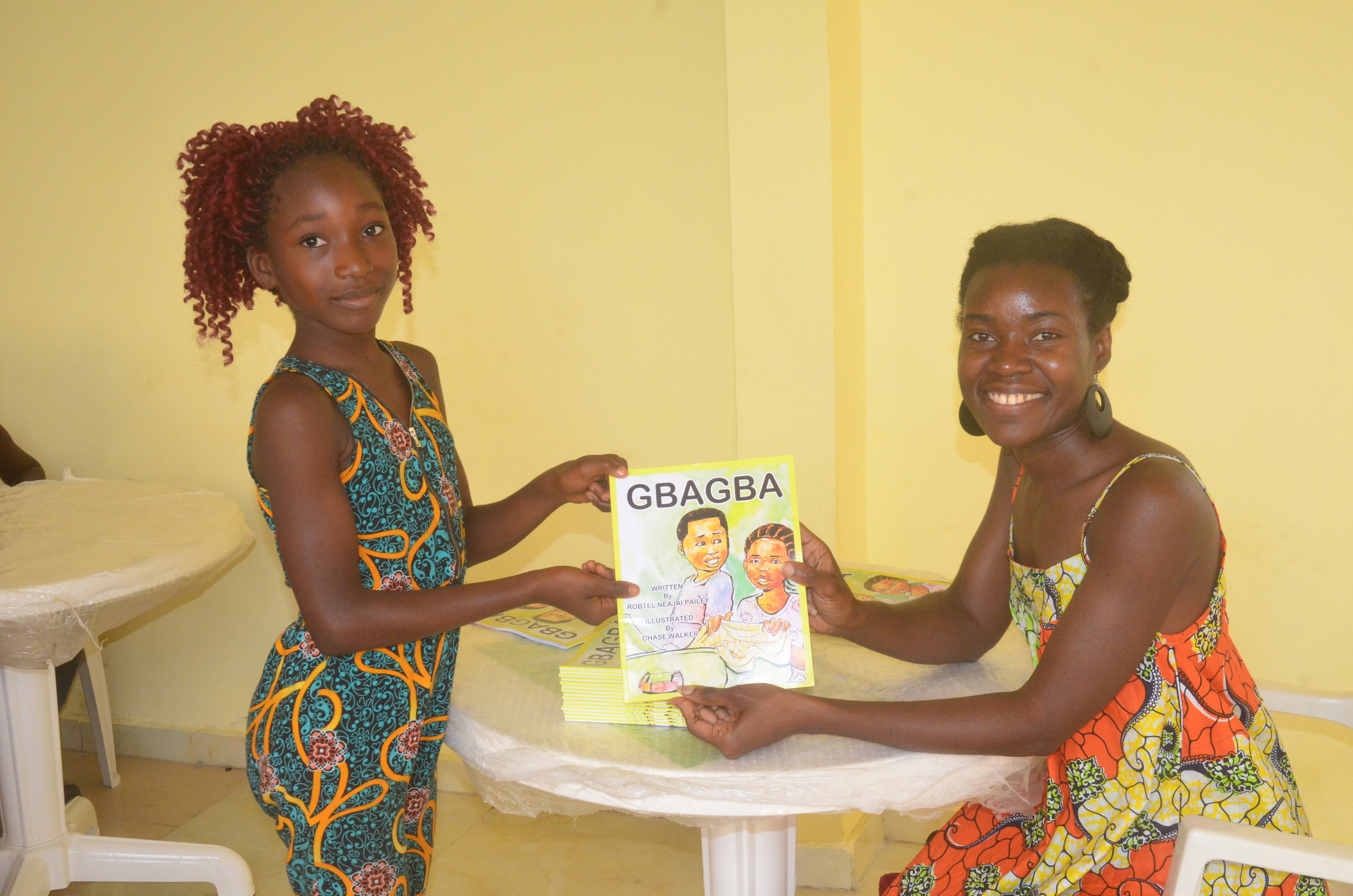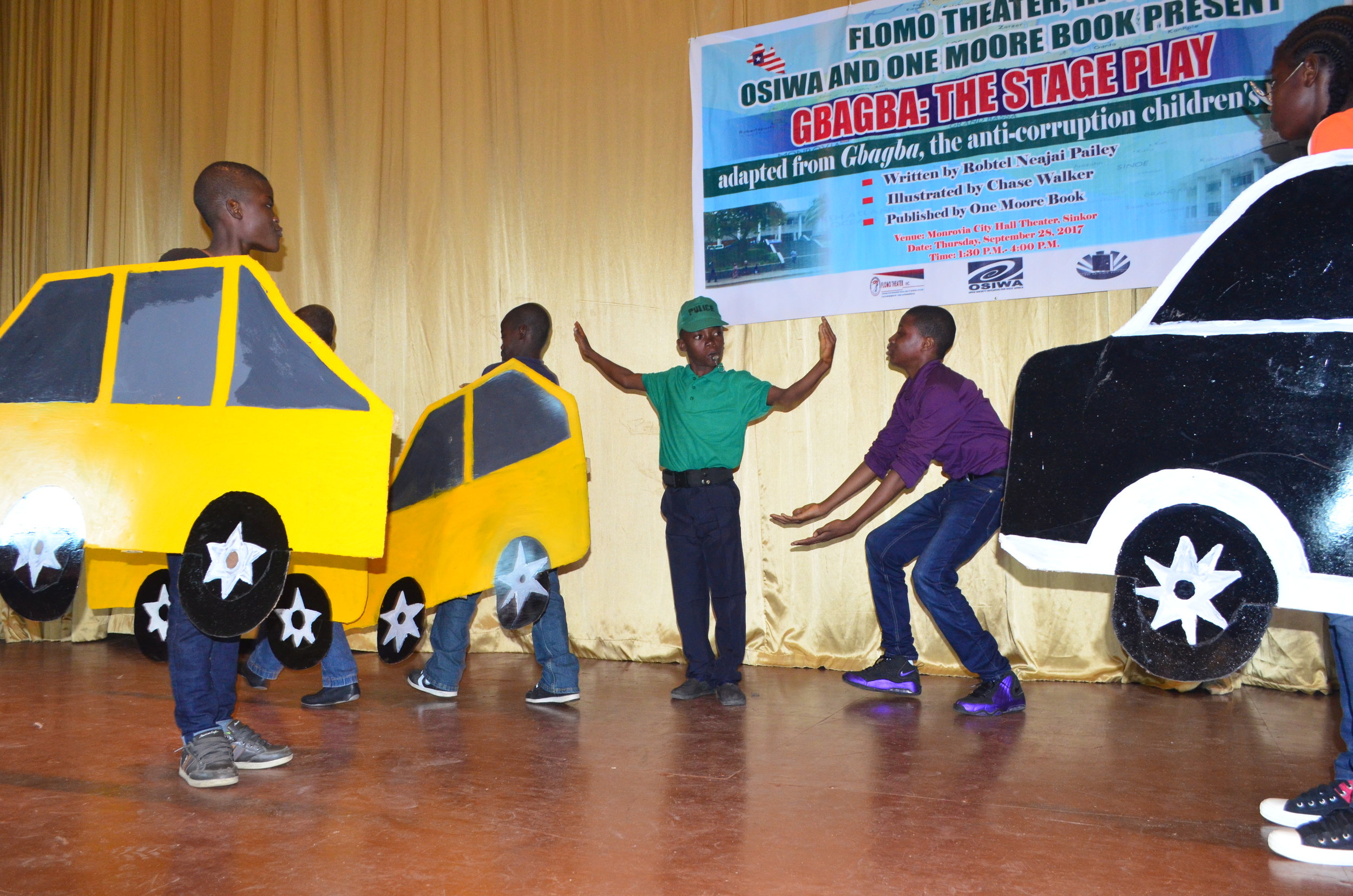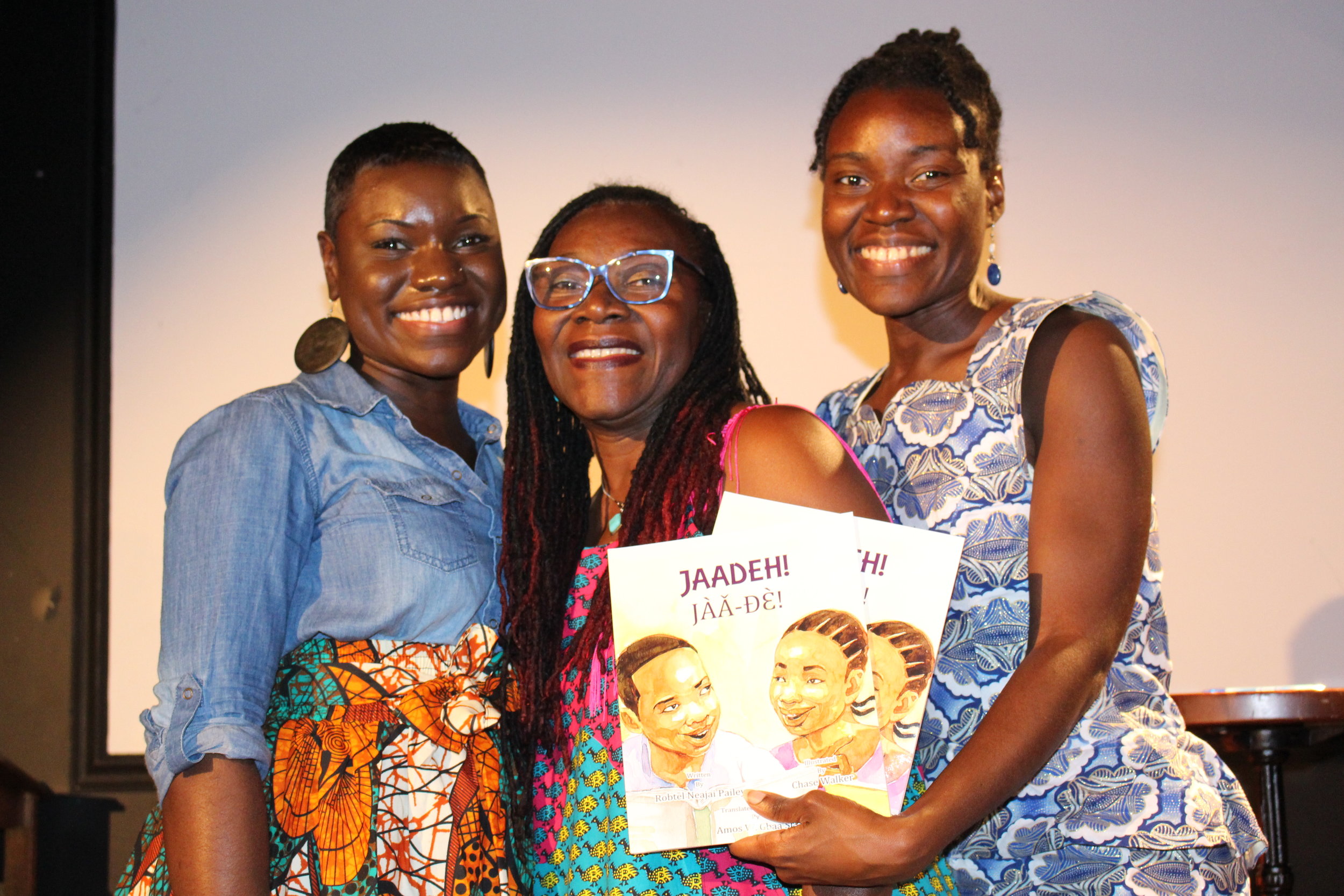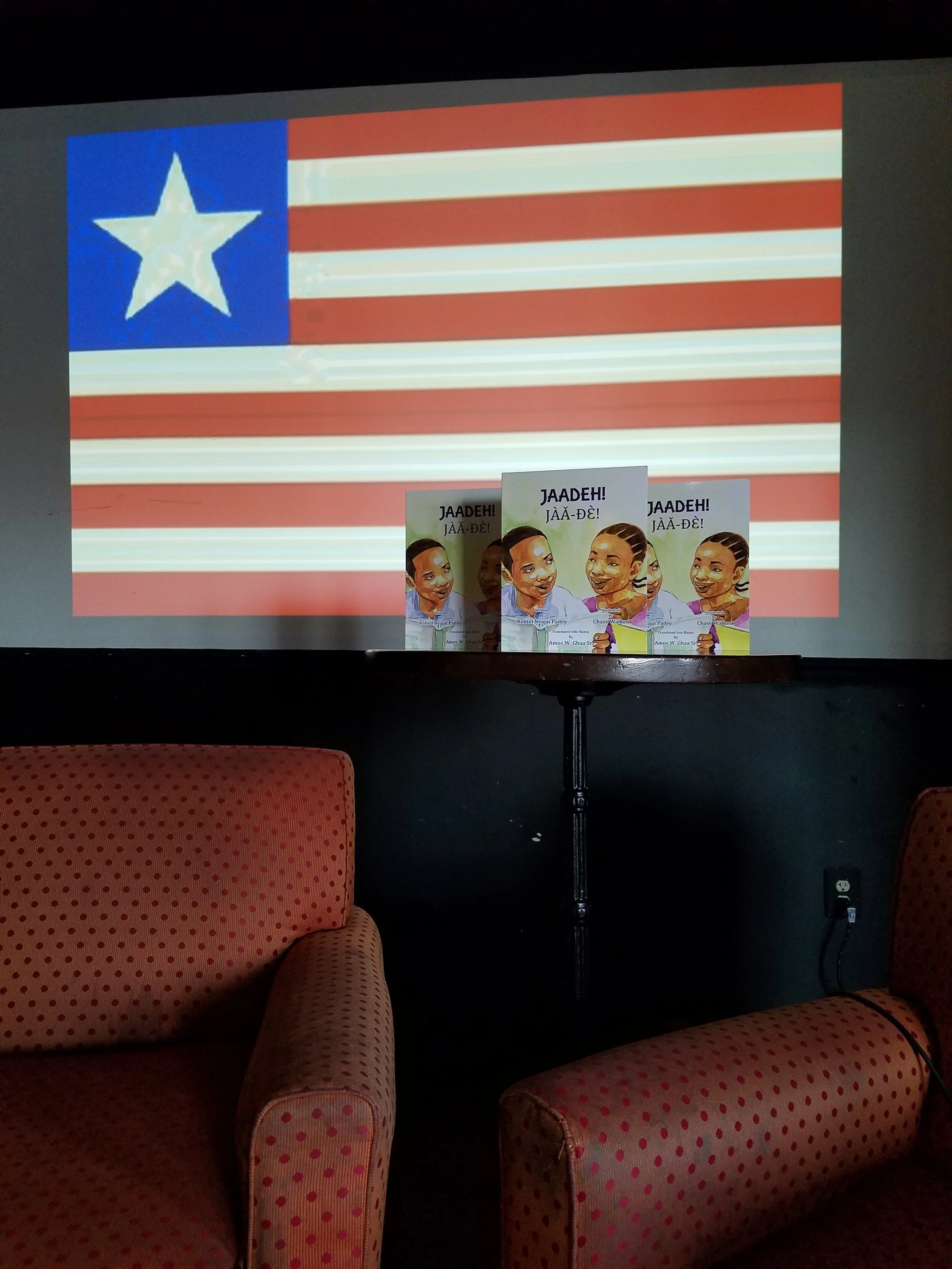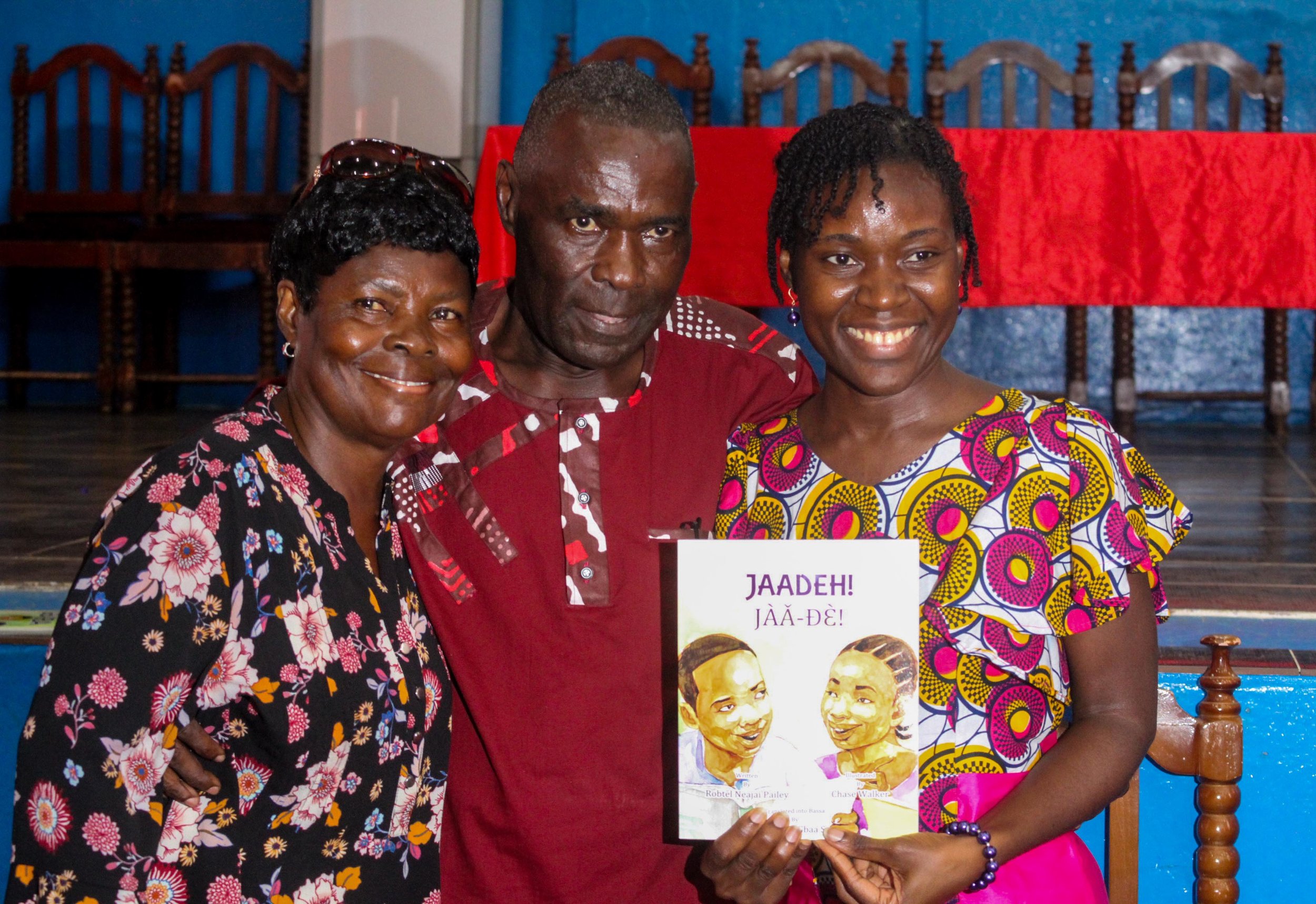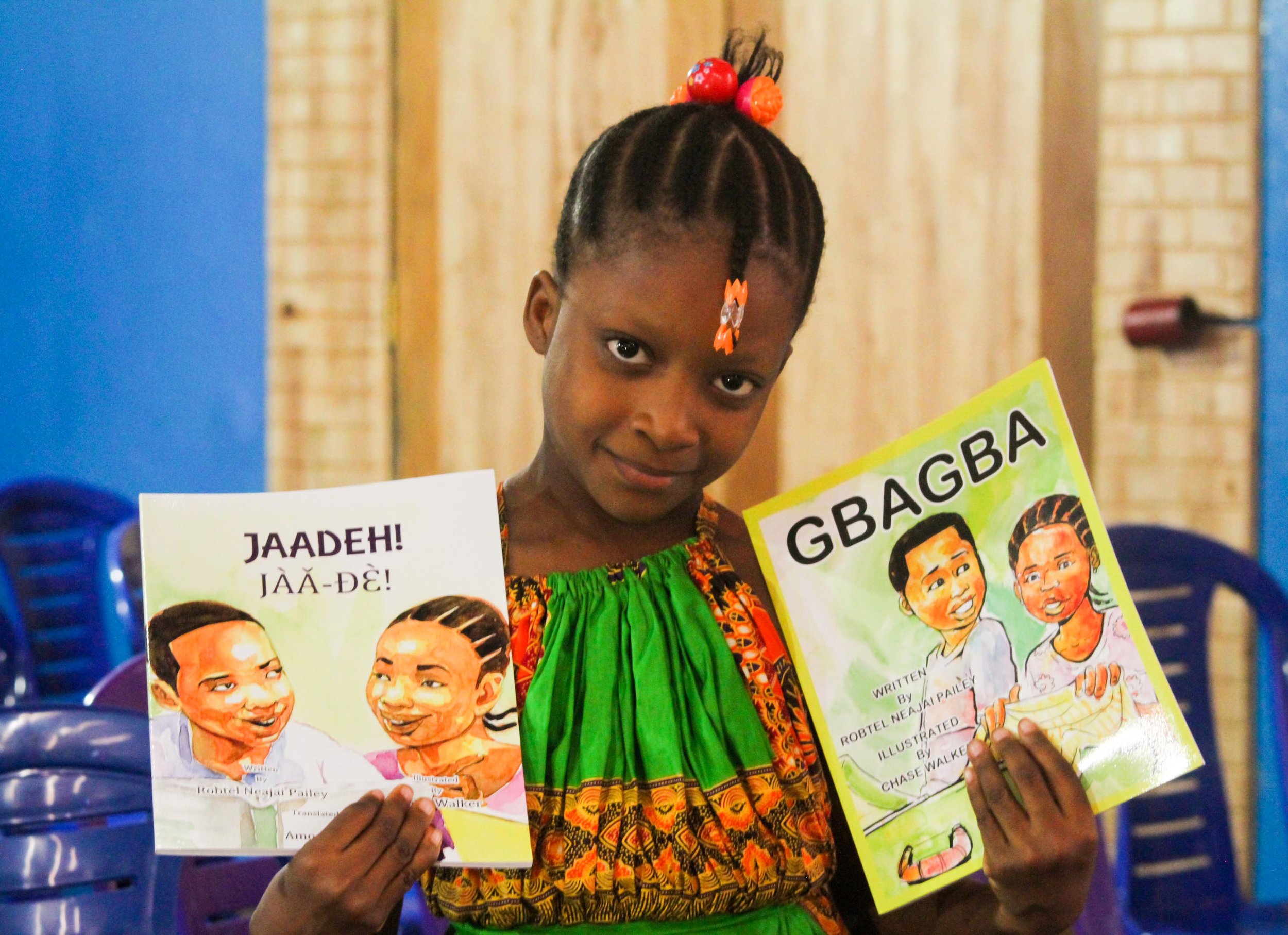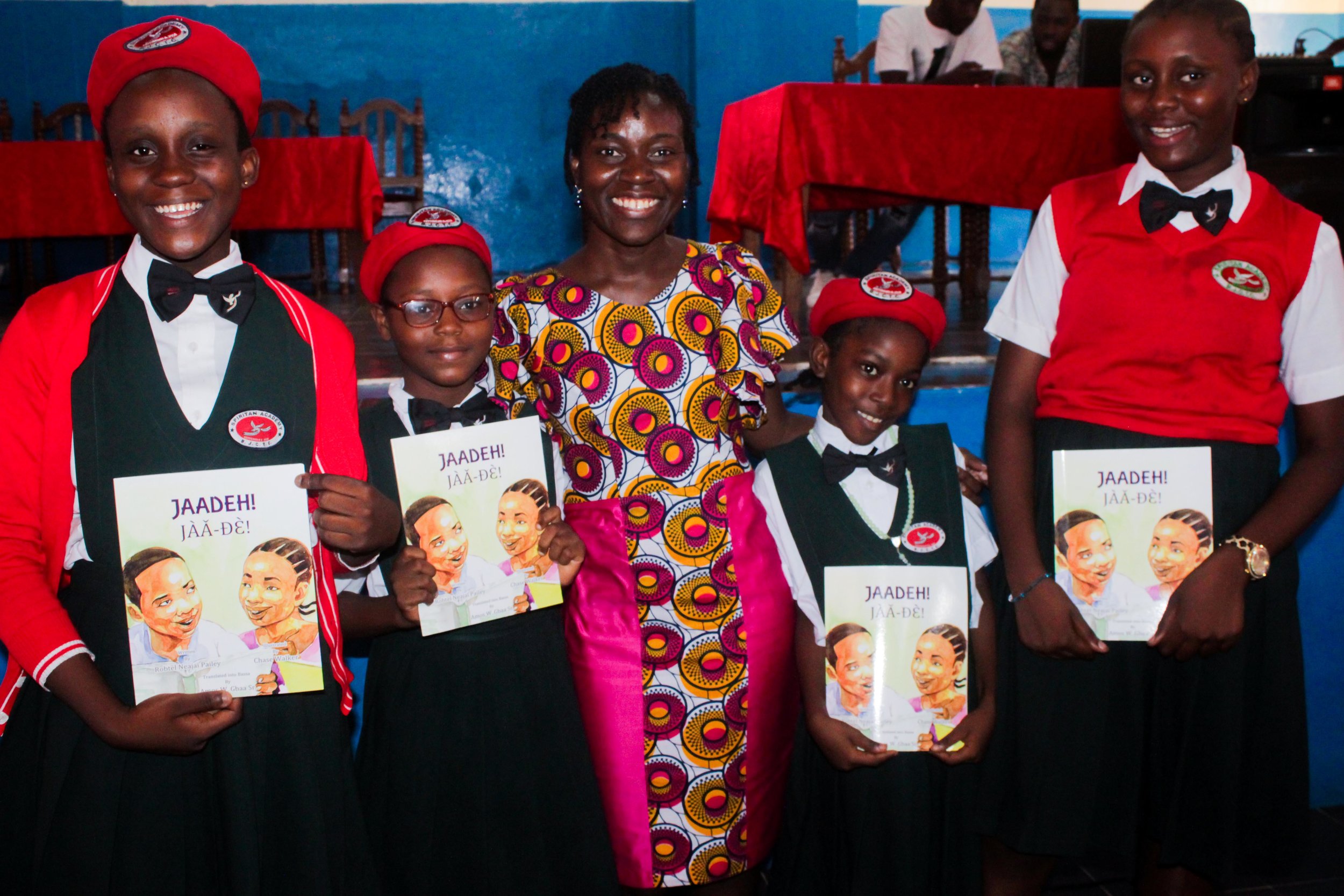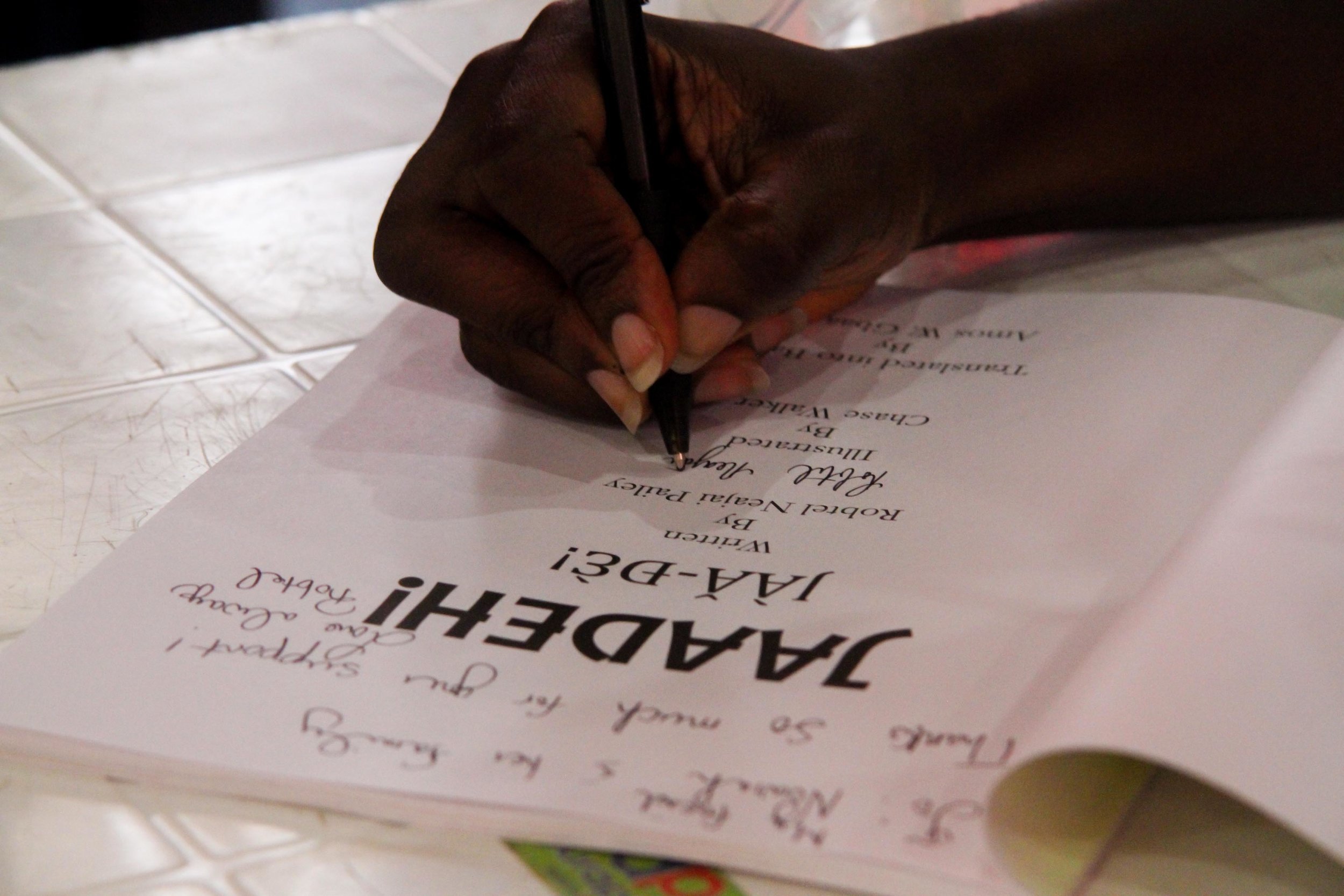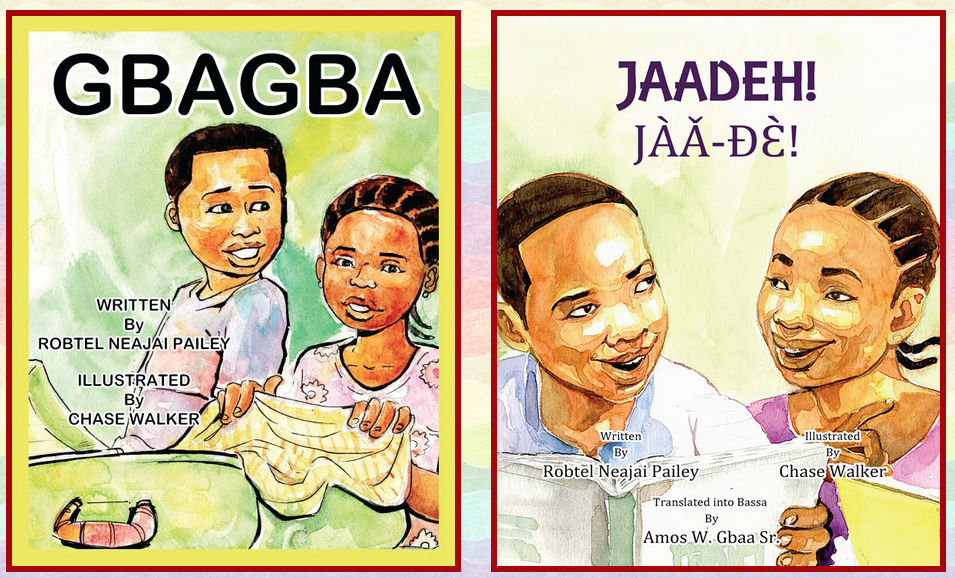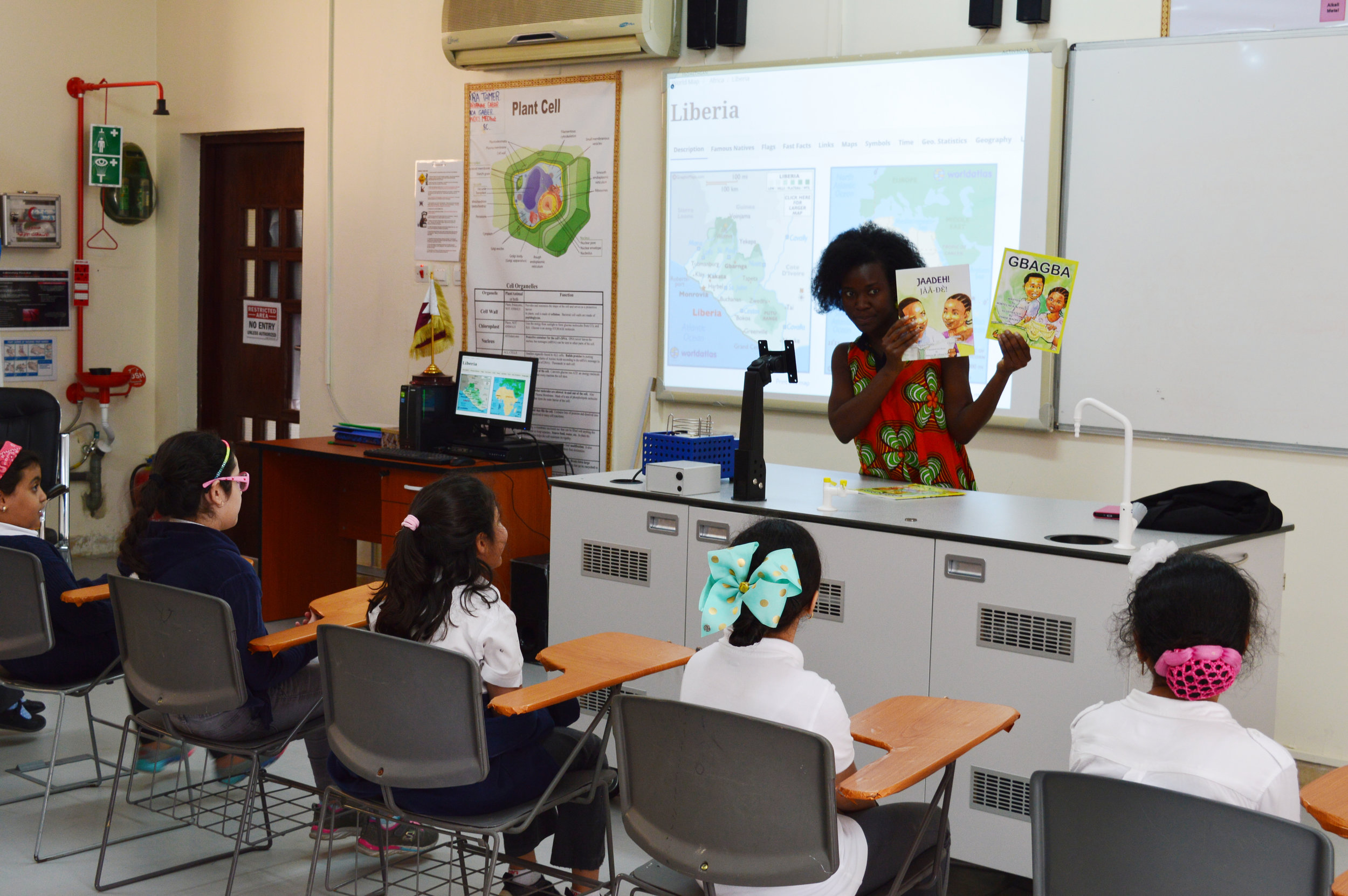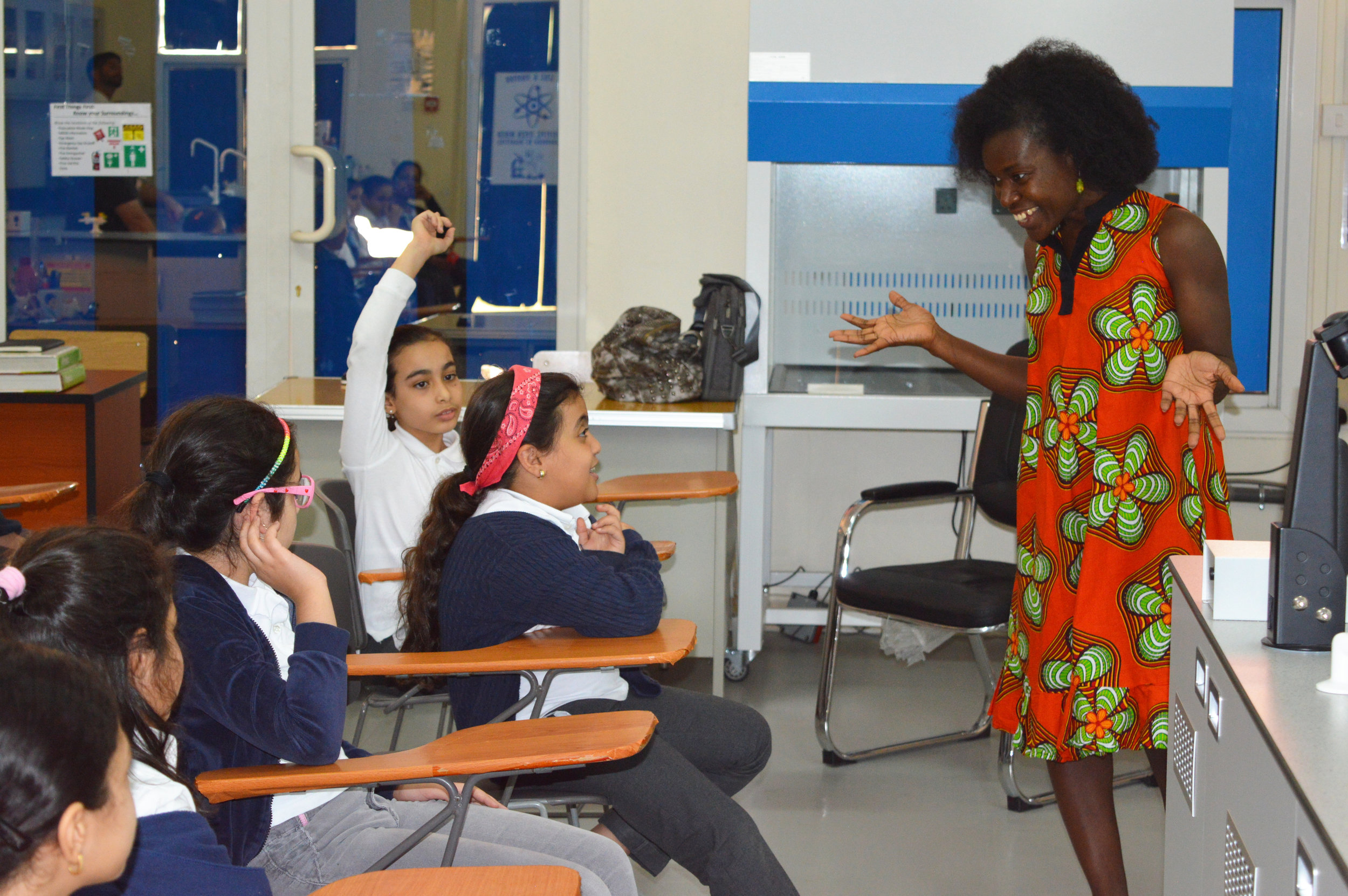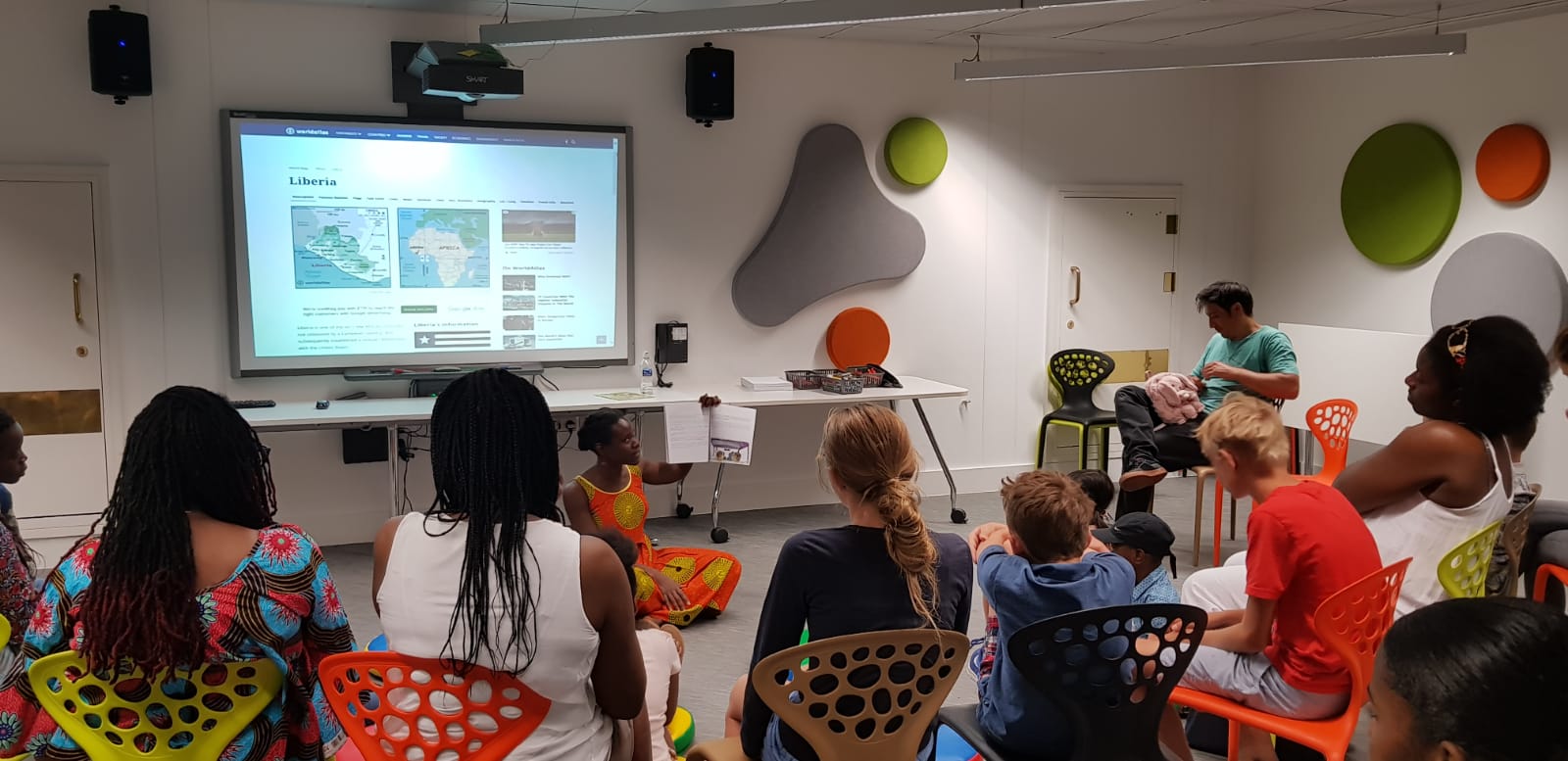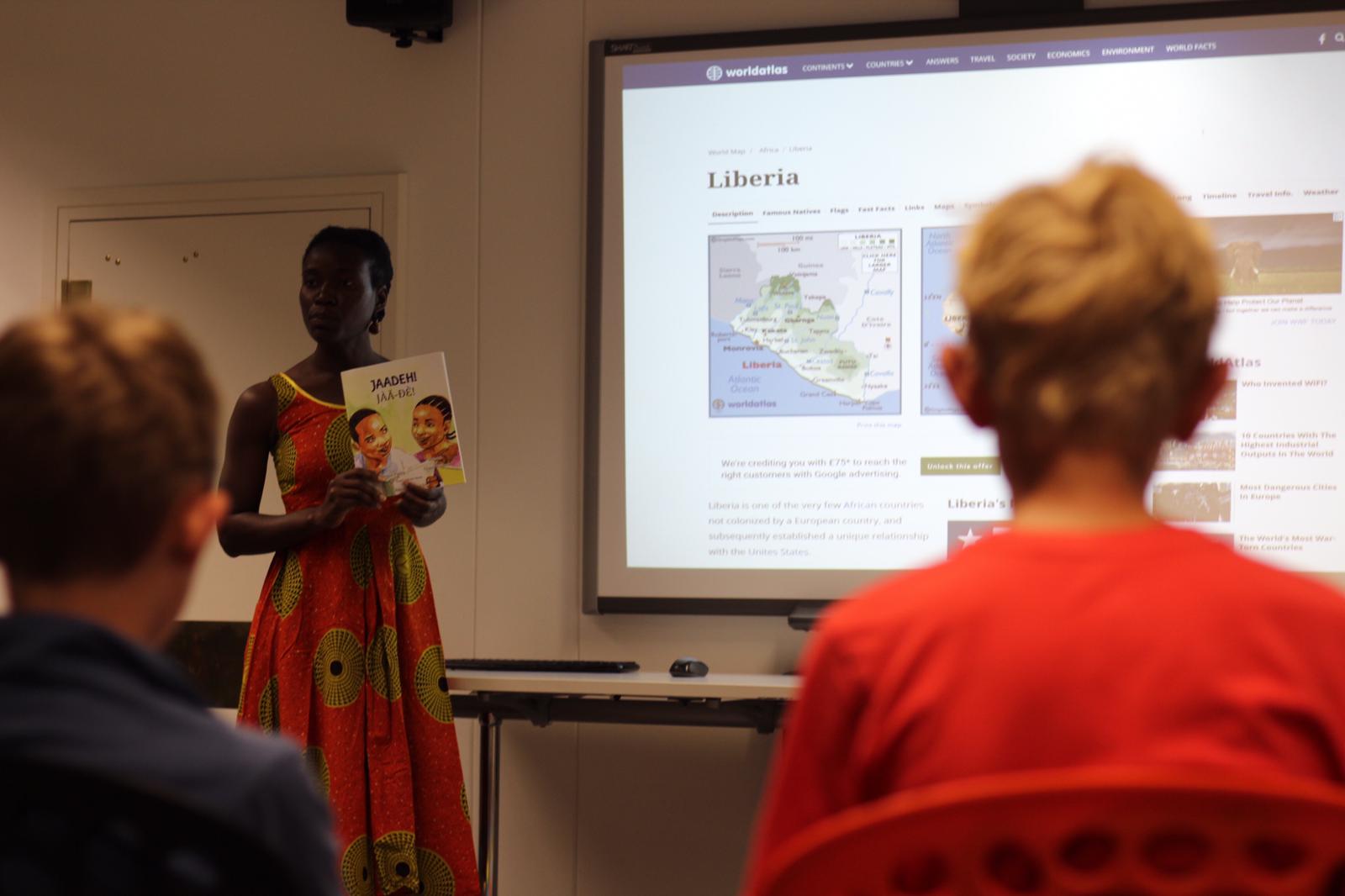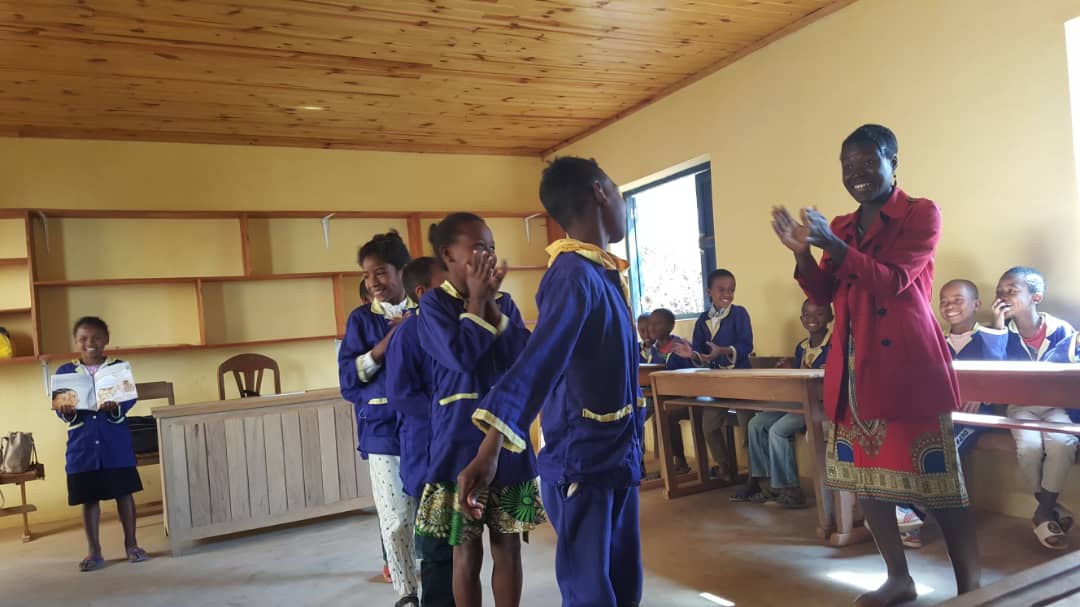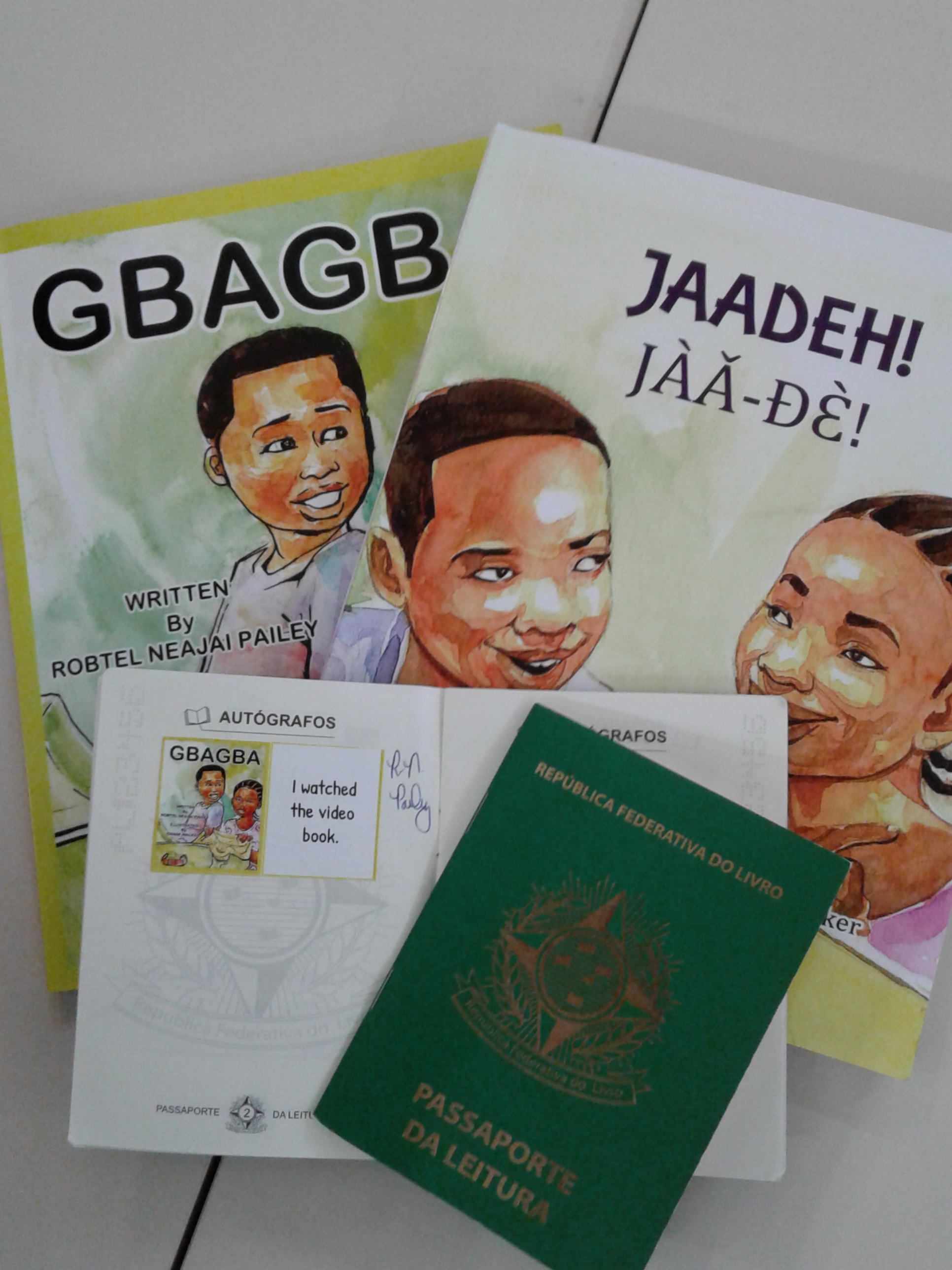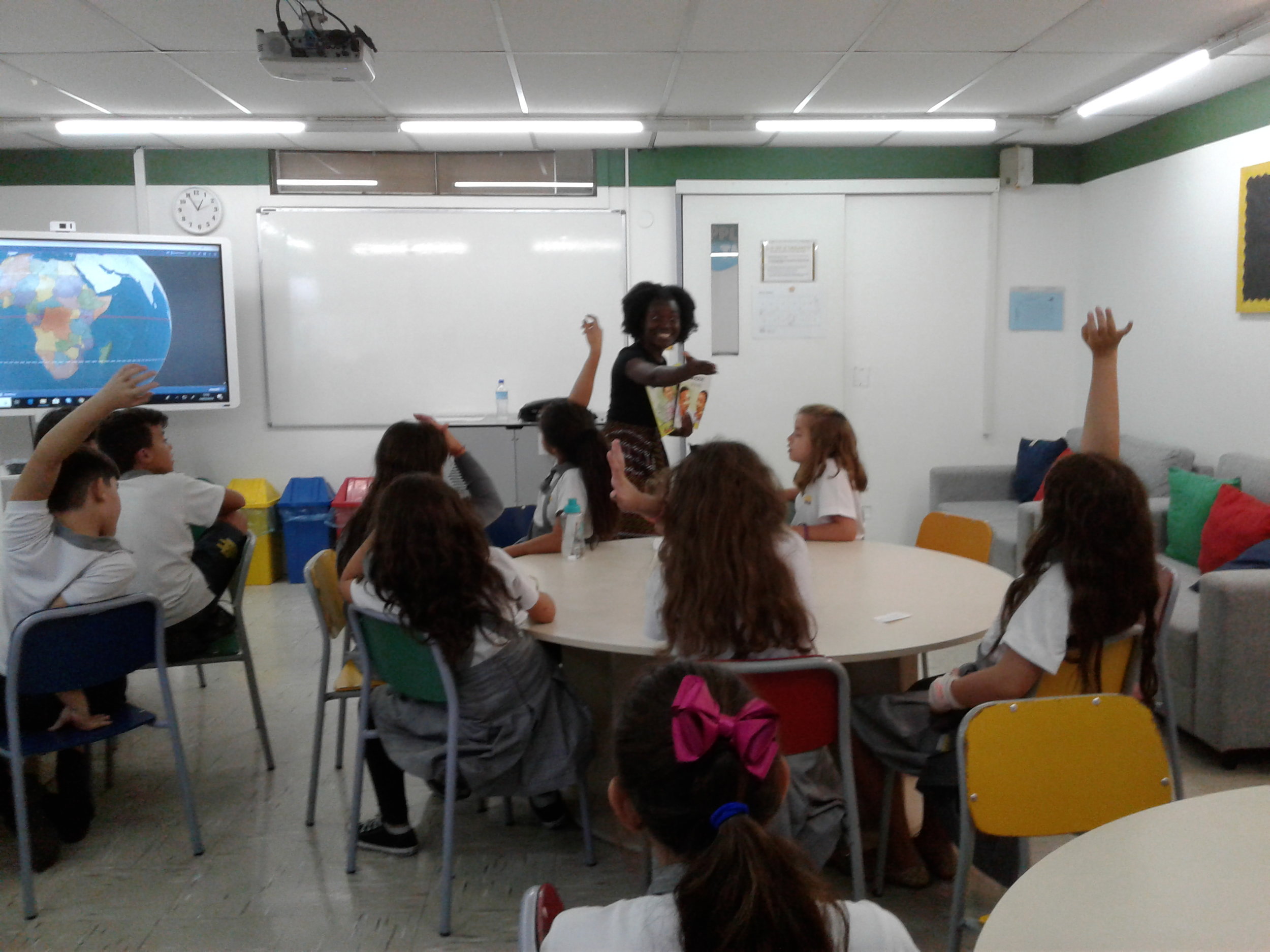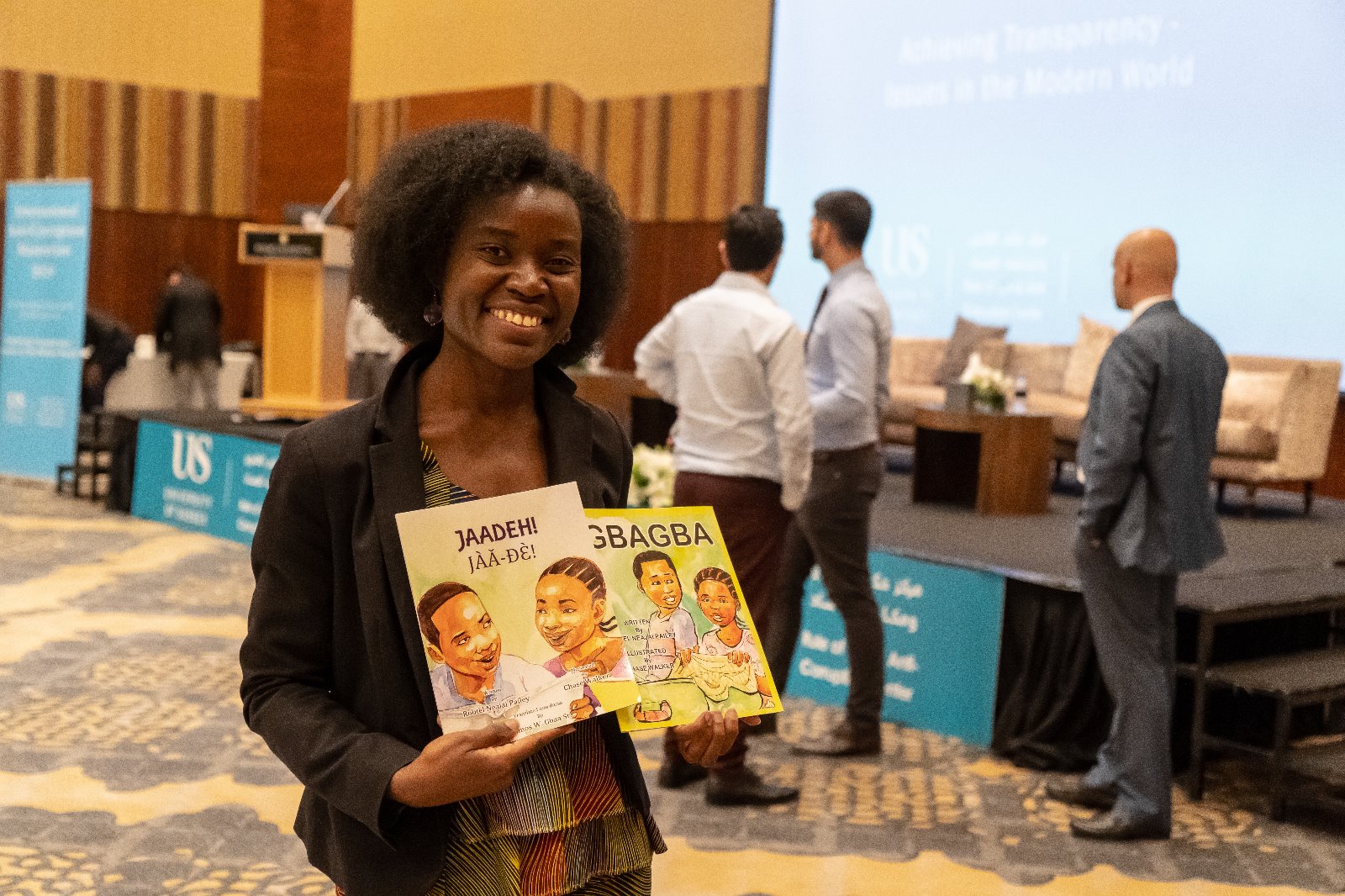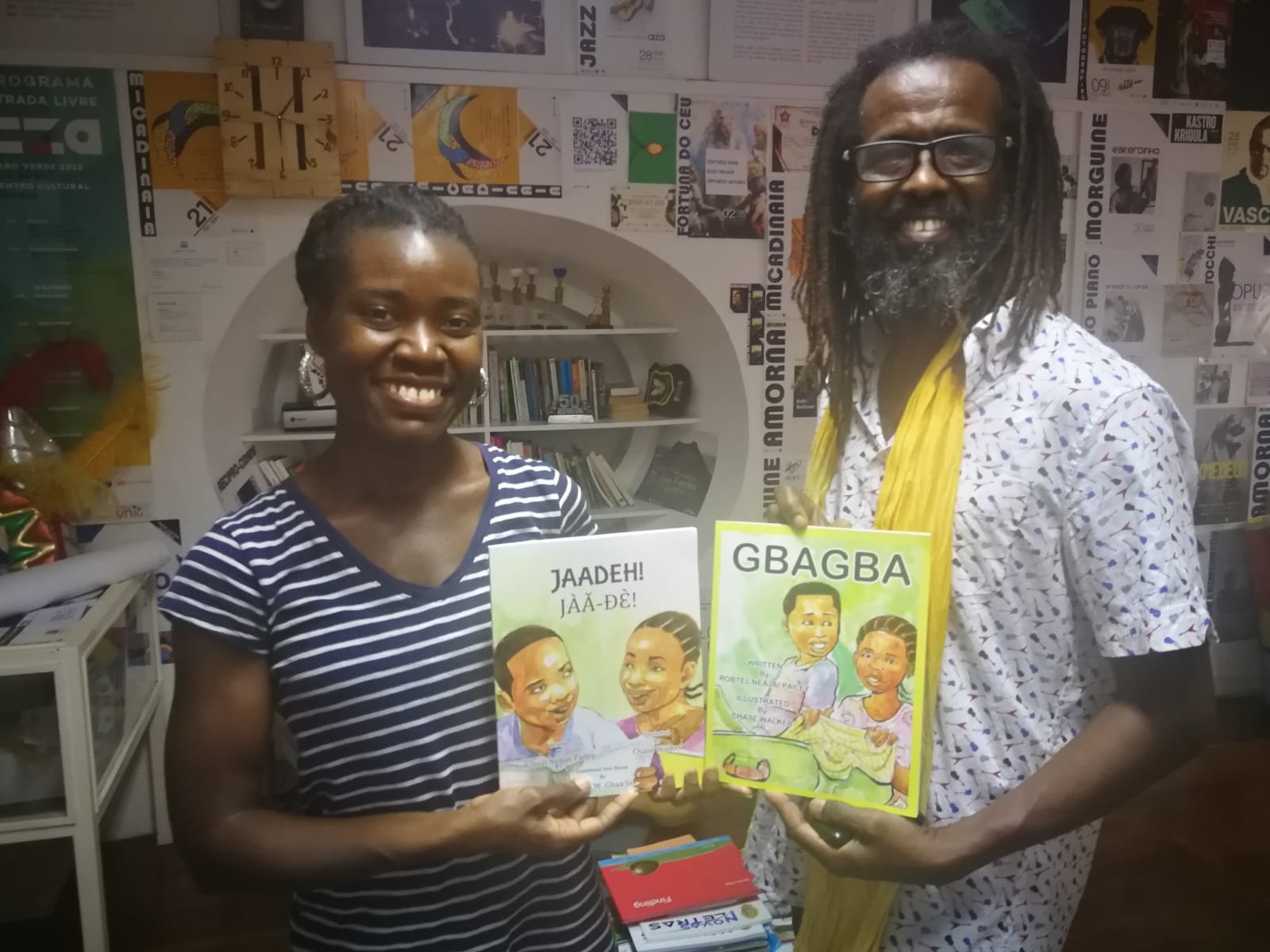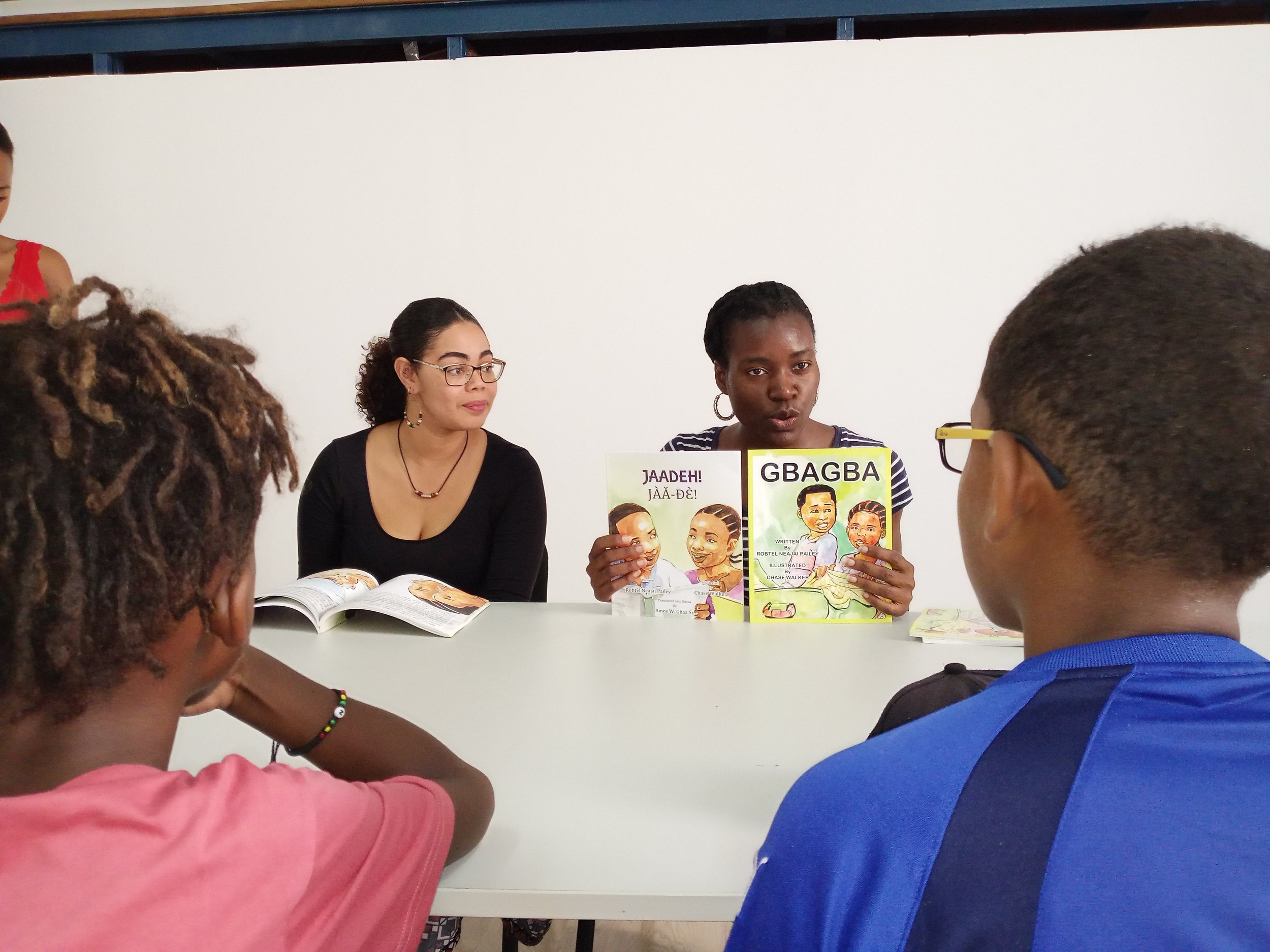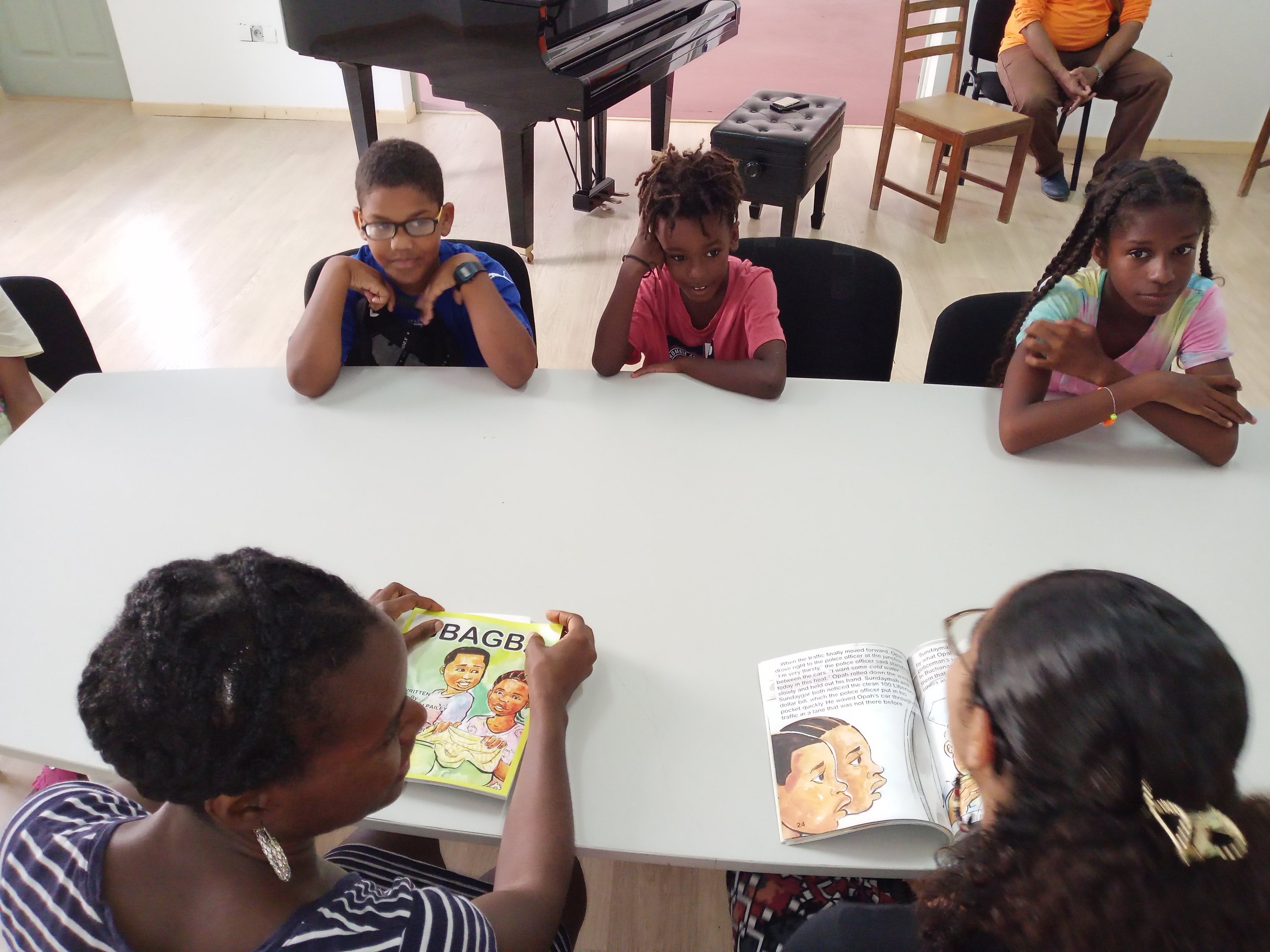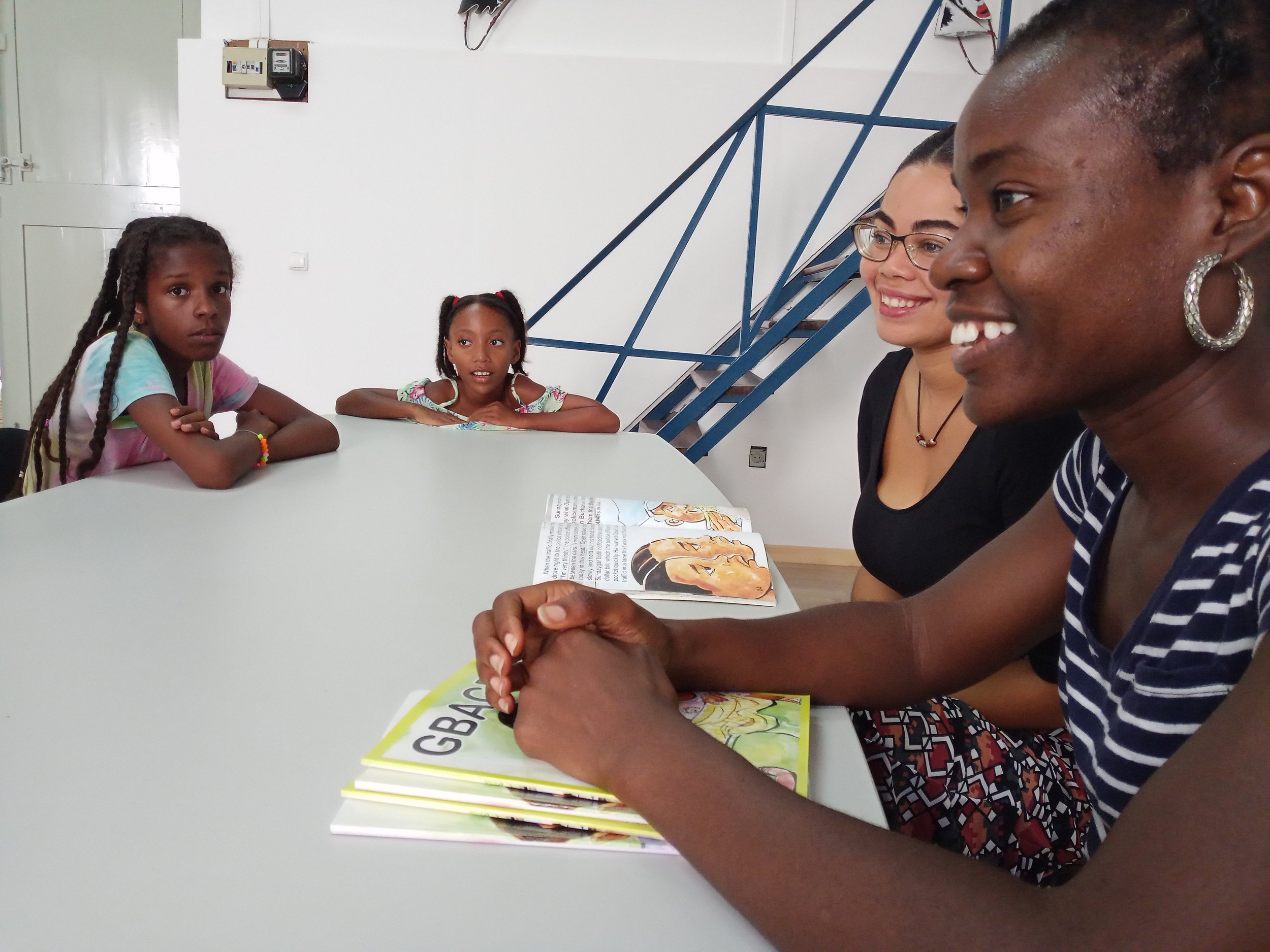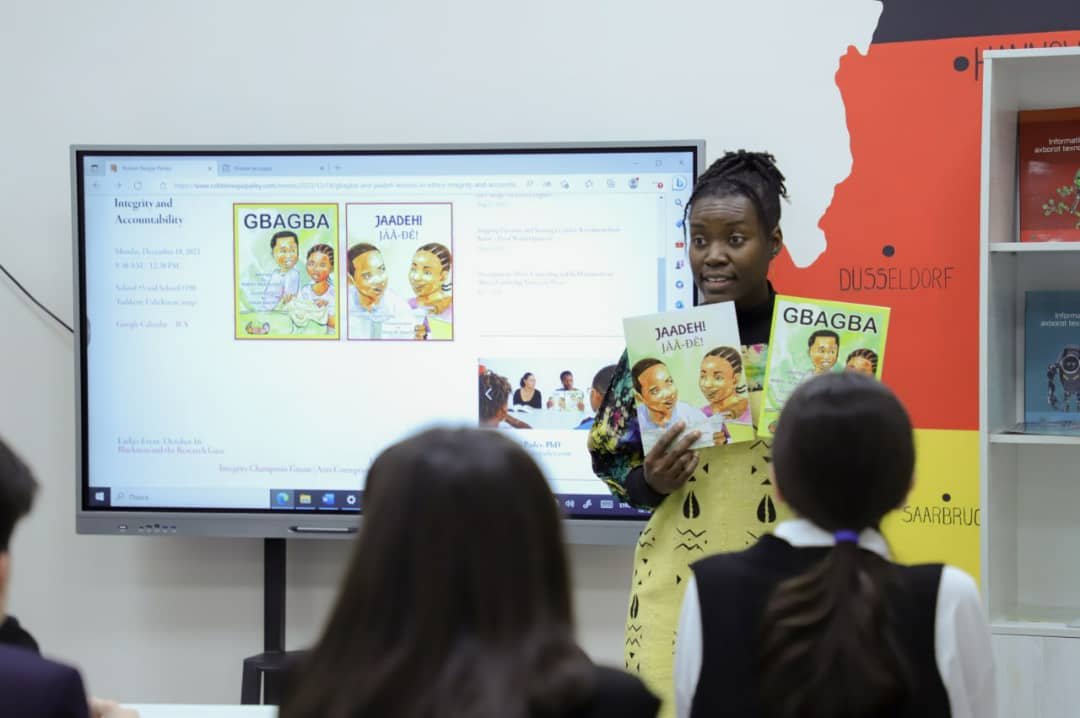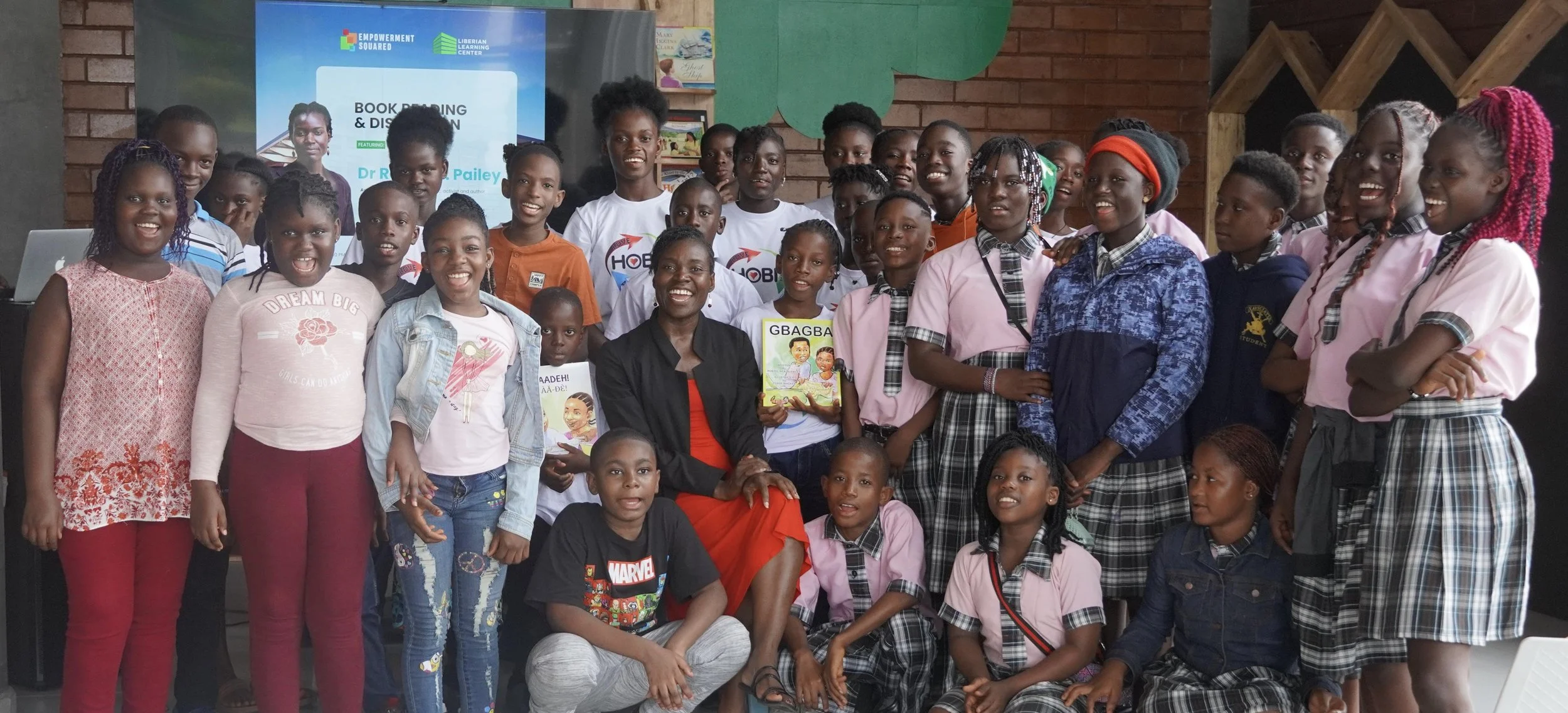Last week, I was invited by Eritrean-Ethiopian masters student Miriam Siun of Leiden University’s African Studies Centre to give one of two keynote lectures on the topic, “Where Is the African in ‘African’ Studies?” I took a long-range view, declaring that Africans have always produced knowledge about Africa, even though their contributions have been “preferably unheard” in some cases and "deliberately silenced" in others.
Women’s Resilience: Integrating Gender in the Response to Ebola (AfDB)→
/(2016) Women’s Resilience: Integrating Gender in the Response to Ebola. Abidjan, Côte d'Ivoire: African Development Bank.
They Herded Us Into the Aircraft Like Cattle (Africa Is a Country)→
/I thought I’d become immune to the indignities of traveling with an African passport, but an encounter last month proved me wrong.
Diaspora Humanitarianism: The Invisibility of a Third Humanitarian Domain (Routledge)
/(2016) “Diaspora Humanitarianism: The Invisibility of a Third Humanitarian Domain” in Zeynep Sezgin and Dennis Dijkzeul (eds.) The New Humanitarians in International Practice: Emerging Actors and Contested Principles. London, UK and New York, New York: Routledge: 213-231.
Poverty in the Midst of Plenty in Liberia (Diplomatic Courier)→
/In front of a collection of sticks, torn plastic sheeting, and broken pieces of harvester zinc held together by taut rope and shiny nails, 63-year-old Francis Selee stands stoic like a statue.
When Ebola charged through Liberia, leaving behind more than 4000 dead and nearly 10,000 infected as of 22 March, Selee and his family survived unscathed. Yet, they have had to deal with more pressing existential threats to their livelihoods—before the outbreak, now, and undoubtedly after Liberia is officially declared Ebola-free.
Treating Africans with an Untested Ebola Drug (Al Jazeera English)→
/It was reported in the Guardian last week that Emergency, an Italian NGO, administered an untested heart drug known as Amiodarone, to patients at an Ebola treatment centre in Lakka, Sierra Leone. The British medics sent to work at the centre raised alarm as early as November about Emergency's approaches to palliative care.
Charles Taylor and the Rubber Company (New African Magazine)→
/Despite being released to great fanfare in the US on 18 November, the investigative documentary Firestone and the Warlord is disappointing. As someone who has extensively studied and written about Firestone, a tyre and rubber company founded in Ohio in the US, which has operated in Liberia since 1926, I believe the film’s producers simply did not dig deep enough.
Nigeria, Ebola and the Myth of White Saviours (Al Jazeera English)→
/In a 2012 article published by The Atlantic, Nigerian writer Teju Cole exposed the white saviour industrial complex for what it is: a pathology of white privilege.
Liberian while Travelling (Al Jazeera English)→
/I hadn't thought about the racial underbelly of Ebola airport surveillance until I experienced it for myself this week.
Fatalistic Forecasts Aren’t Helping Ebola Efforts—Greater Positivity Is Needed (The Guardian, UK)→
/During a recent telephone conversation with my aunt, who lives in Liberia, I could hear trepidation in her voice for the first time. At the same time, though, she remained typically stoic, her faith in God unshakable after surviving two armed insurgencies. “They are saying on the radio that before January [2015] thousands of us will die,” said Auntie Arinah. “This thing is getting very scary. We rebuke those numbers!”
In Life and Death, Thomas Eric Duncan Exposed Severe Gaps in Anti-Ebola Efforts on Both Sides of the Atlantic (Huffington Post)→
/How can you prosecute a man hanging onto a lifeline from an infectious disease? According to news reports published last week, that’s precisely what Liberia vowed to do to Thomas Eric Duncan — the first patient diagnosed with Ebola while on US soil — if he ever made it back to the country. Duncan died on Wednesday from Ebola related complications.
2014 Ebola Outbreak Exposes Large Gaps in Financing Adequate Healthcare in West African Countries (CDPR, SOAS)→
/(2014) “2014 Ebola Outbreak Exposes Large Gaps in Financing Adequate Healthcare in West African Countries.” Development Viewpoint No. 82, Centre for Development Policy and Research (CDPR), SOAS, University of London.
Liberian Senate Calls for More Transparency over Ebola Funds (The Guardian, UK)→
/Stately and unassuming, Liberia’s national Ebola taskforce coordinator James Dorbor Jallah announced at a press conference in late August that the government’s initial $5m (£3m) contribution to contain the disease had been spent.
As he fumbled with the numbers in his expenditures report, the blogosphere exploded with queries about how all that money could vanish so quickly. Now, the Liberian Senate is demanding full disclosure of the Ebola funds’ whereabouts. To his credit, however, Jallah was attempting something that donors have yet to do: answer to the people in whose name “the war on Ebola” is being fought in west Africa. As we have seen all too often in international emergency response operations, the stakes are too high to forgo systems of accountability.
African Solidarity—Not Protectionism—Needed in Response to Ebola (This Is Africa)→
/In the week of 26 August, Liberia’s Foreign Affairs Minister Augustine Ngafuan chided Africa for leaving countries hit by Ebola in the lurch.
Ebola Has Caused Liberia’s Cauldron of Dissatisfaction to Boil Over (The Guardian, UK)→
/“We dodged bullets during the war, now Ebola is going to kill us?” my aunt asked me in distress one evening in mid-July, as we sat commiserating at my house on the outskirts of Monrovia, Liberia’s capital.
Patriarchy, Power Distance, and Female Presidency in Liberia (Palgrave)
/(2014) “Patriarchy, Power Distance, and Female Presidency in Liberia” in Baba G. Jallow (ed.) Leadership in Post-Colonial Africa: Trends Transformed by Independence. London, UK: Palgrave MacMillan: 169-187.
SDI’s 10-year Positive Peace Crusade (SDI)→
/(2014) SDI’s 10-year Positive Peace Crusade. Monrovia, Liberia: Sustainable Development Institute.
Liberia's Education System Should Take Its Cue from Robin Hood (The Guardian, UK)→
/Robin Hood's brand of wealth redistribution could help turn around the fortunes of Liberia, where the education system was recently described as a "mess" by its president, Ellen Johnson Sirleaf.
In August, the west African country made headlines around the world when all 25,000 students who sat the entrance exam for the University of Liberia failed. Reactions ranged from denial to despondency. While some challenged the results, others lamented the impact of civil war on the education system.
Amid the political rhetoric and knee-jerk reactions, the paucity of concrete solutions offered was striking. I think Liberia should employ a "Robin Hood" approach, redistributing its resources and prioritising education.
Liberia’s Education System Should Take Its Cue from Robin Hood (The Guardian, UK)→
/Robin Hood's brand of wealth redistribution could help turn around the fortunes of Liberia, where the education system was recently described as a "mess" by its president, Ellen Johnson Sirleaf.
Liberia Must Mark 10th Anniversary of Accra Accord by Pursuing Positive Peace (The Guardian, UK) →
/A decade has passed since Liberia began moving towards peace. It was 18 August 2003, and I was in Caux, Switzerland, one of 23 participants on an applied peace studies course.
